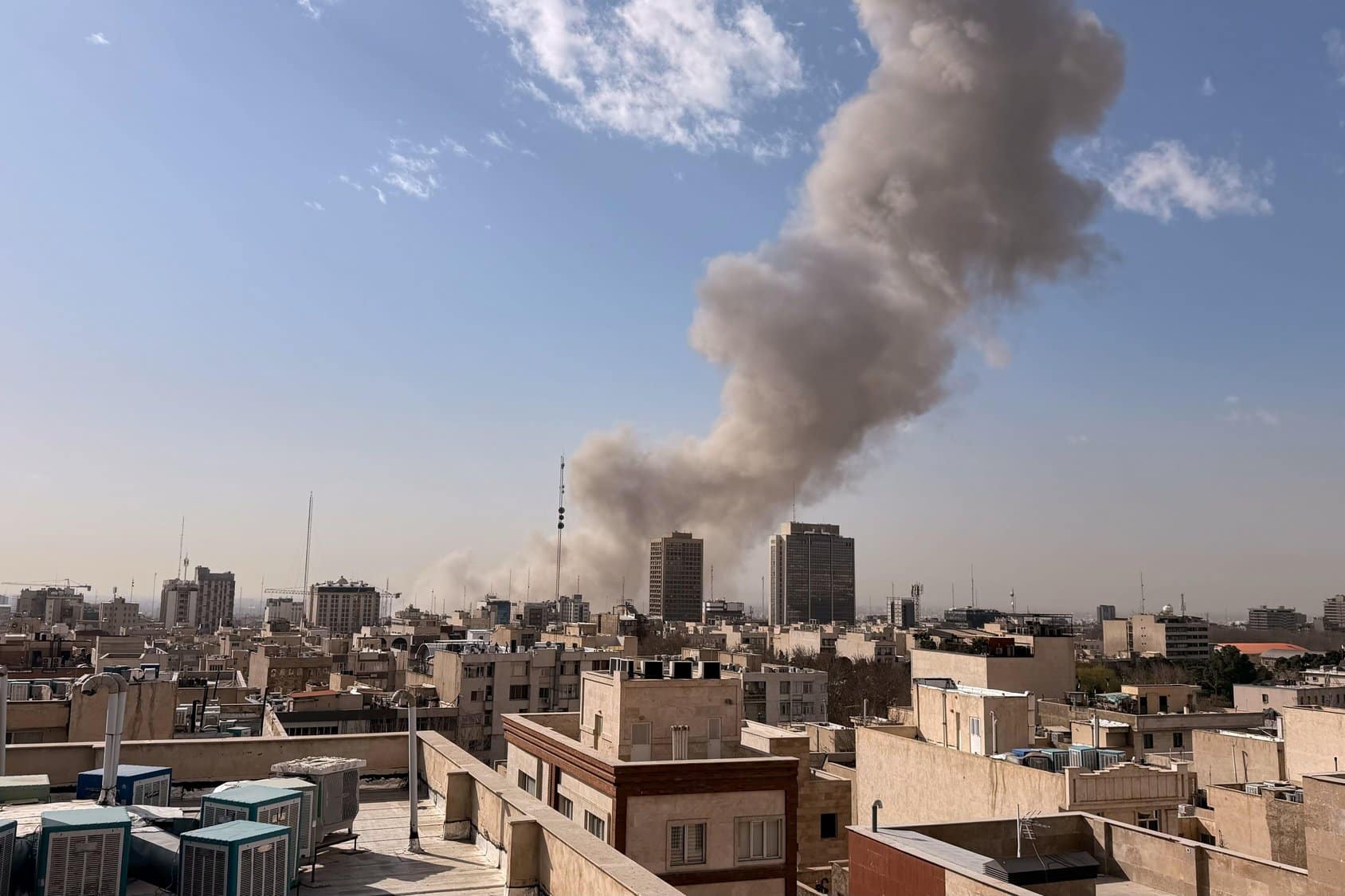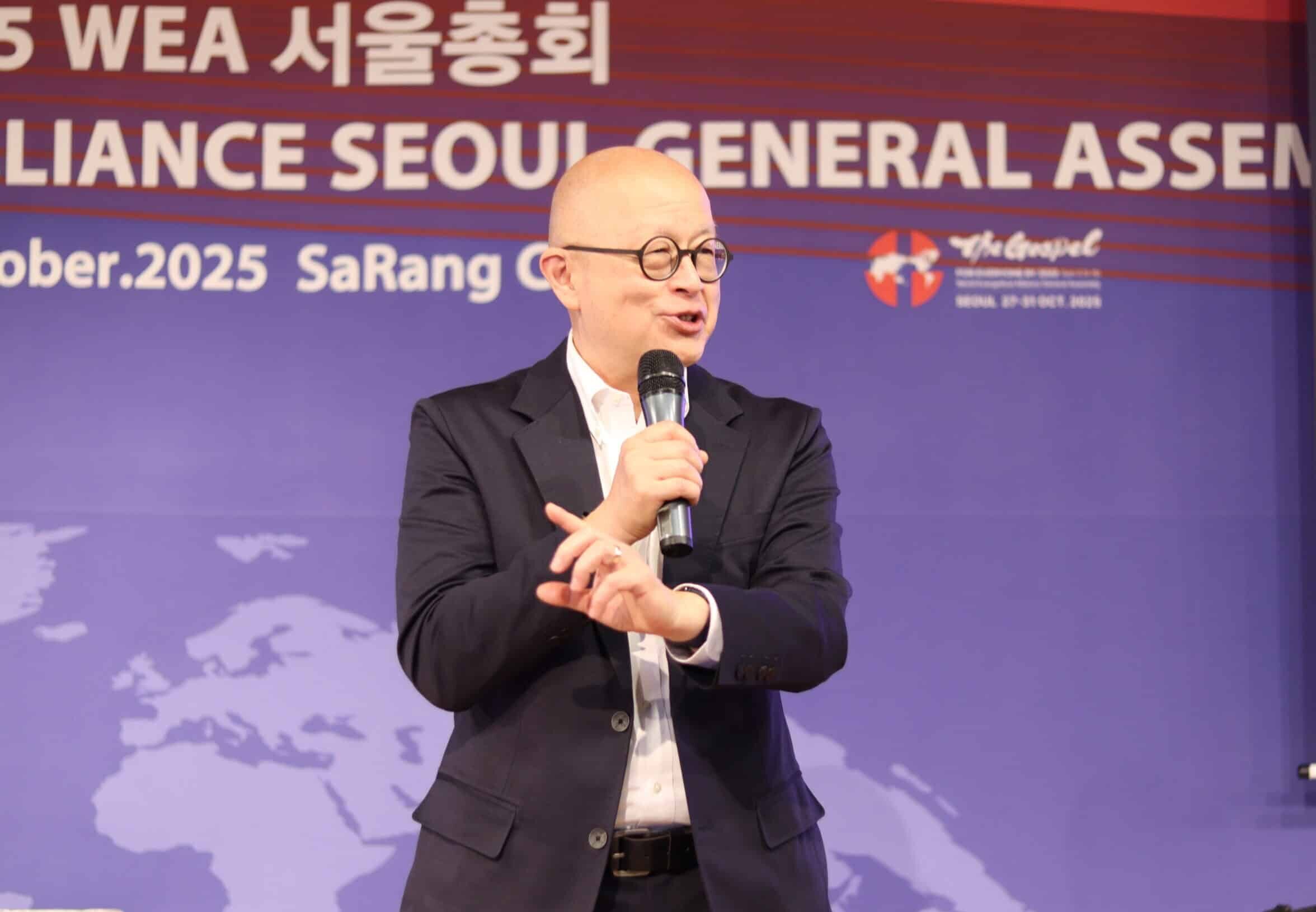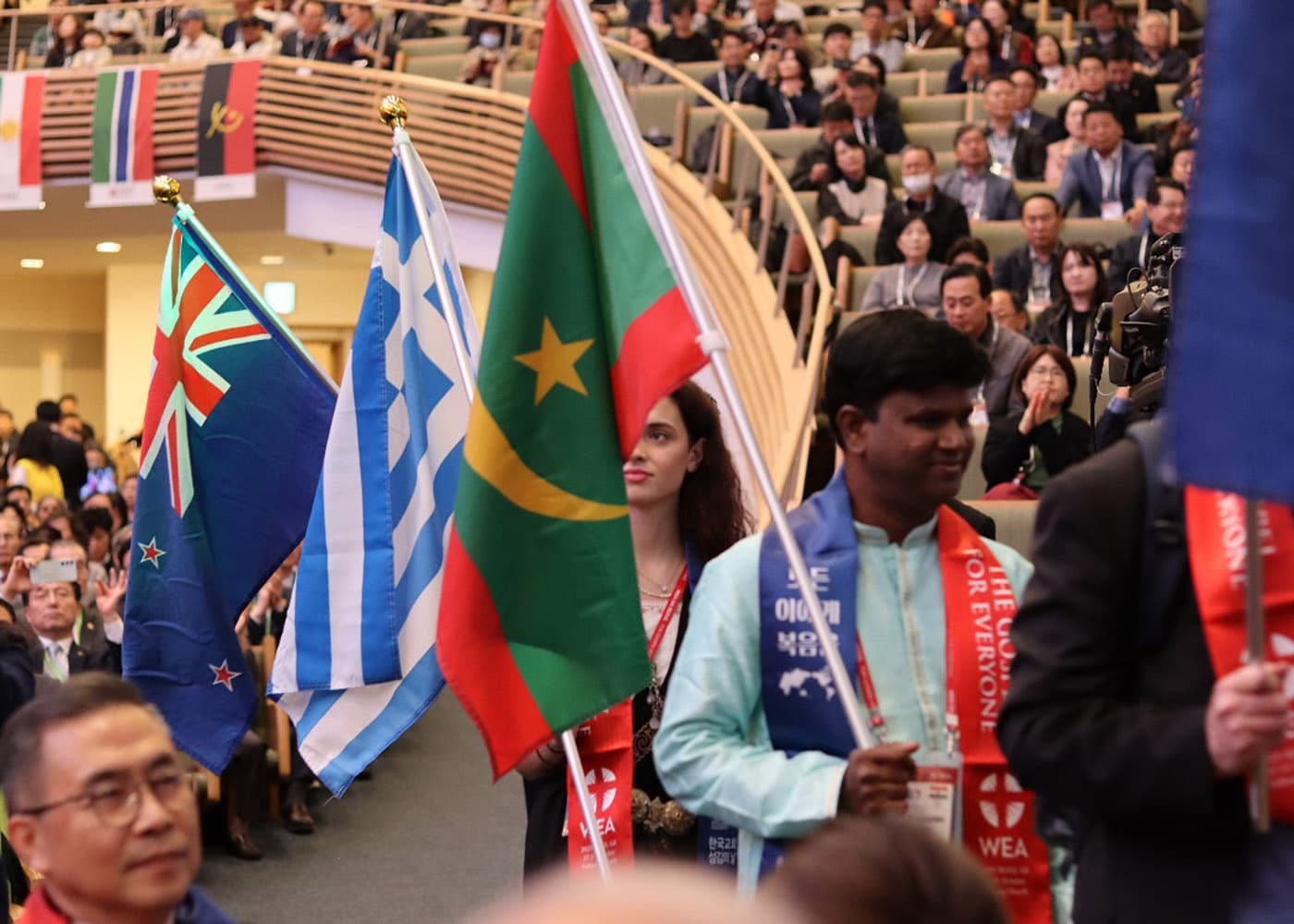Global Church Challenged to Transform from Awareness to Active Restoration for Persecuted Believers
SEOUL, SOUTH KOREA (October 29, 2025) – Ahead of the International Day of Prayer for the Persecuted Church (IDOP 2025) on 2 November 2025, when millions united in prayer for the 380 million Christians facing persecution worldwide1, the World Evangelical Alliance’s (WEA) General Assembly in Seoul heard disturbing testimonies of calculated gender-based religious violence targeting Christian communities globally.
The morning session examined persecution’s impact on women, children, and men. International advocates exposed how violence is deliberately weaponized against Christian women to divide church communities and dismantle family structures across minority Christian populations.
Martha Das’ testimony revealed that husbands abandon their newly converted Christian wives by traveling back to their original nation countries before returning to the Western nation they were living in. In contrast, others suffered years of imprisonment and public humiliation at the hands of the court while trying to formalize their faith identity. Irene Muthoni Kibagendi emphasized the African context, detailing systematic abductions that resulted in forced Islamic conversions, coerced marriages, and weaponized sexual assault aimed at undermining the victims’ standing within their communities.
Most troubling, advocates revealed that traumatized survivors returning home encounter rejection not just from families, but from churches ill-equipped to provide healing pathways, with the tragic effect of advancing persecutors’ divisive objectives.
“The persecutor wins when we allow the intended shame of persecution to bring division and rejection in the Church. Instead, it is our responsibility to restore those who have gone through persecution with love and acceptance—knowing that their vulnerability and identity are safe in Christ. This is true not only for women, but also for the men and children within our Church,” stated Emma van der Deijl, CEO of Gender and Religious Freedom and the session moderator.
Recent data highlights the alarming extent of persecution: Africa is home to 35 out of 121 global conflicts identified in 2024, displacing a total of 45 million people, including 16 million Christians. These numbers have led to the launch of the “Rise Up Africa” prayer mobilization, which aims to encourage continental restoration through dedicated intercession.
The session held particular resonance for Korean delegates, as testimony revealed the extreme suffering of underground believers in North Korea, where Christians cannot read Scripture or worship openly without risking imprisonment or death. Speakers called for “gospel unification” of the Korean peninsula after eight decades of failed political solutions, urging the assembly to unite in prayer for a supernatural breakthrough that would demonstrate God’s sovereignty over human geopolitics. The WEA continues diplomatic efforts regarding three South Korean missionaries currently detained in North Korea, working alongside international partners for their release.
Kyle Wisdom, the WEA Director of Global Advocacy, emphasizes, “Our response must go beyond simply documenting atrocities; we need to actively create sanctuaries of healing while engaging in sustained spiritual advocacy for our suffering community. This means that churches must courageously resist cultural prejudices that shame victims, establish comprehensive trauma recovery programs, and maintain a steadfast focus on prayer for regions experiencing severe persecution. We are urging the global church to recognize that standing with persecuted believers is not optional; it is fundamental to our shared identity in Christ.”
During the session, a speaker delivered a prophetic challenge, likening the cries of persecuted believers to Abel’s blood, which called out to God. They urged the worldwide church to repent for its ‘sin of violence and abuse’, manifested through inaction and indifference towards the suffering of our brothers and sisters. They also highlighted that the enemy specifically targets male providers and female family anchors to maximize the devastation in communities.
Building on IDOP’s foundation of prayer, the WEA challenges churches globally to become genuine refuges where persecution’s intended shame transforms into restoration’s testimony. The organization continues to advocate for religious freedom through diplomatic efforts, engaging with governments and international bodies to protect believers’ rights, empowering believers to remain strong under pressure, and educating churches about the realities of persecution.
The message is clear: confronting persecution requires more than mere acknowledgment. It demands that churches become radical communities of acceptance, safety, and profound healing. Only then can they effectively counter isolation through intentional restoration.
For information about WEA’s religious liberty initiatives and persecution response resources, visit https://worldea.org/.
1Open Doors World Watch List 2025: https://www.opendoors.org/en-US/persecution/countries/





Stay Connected